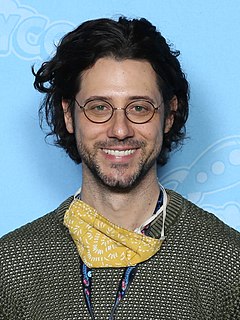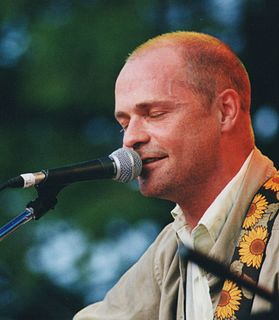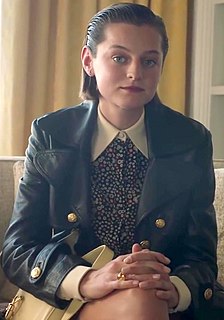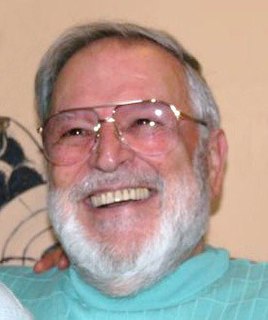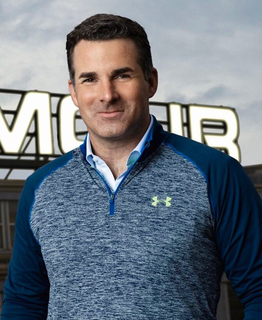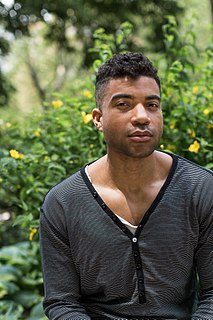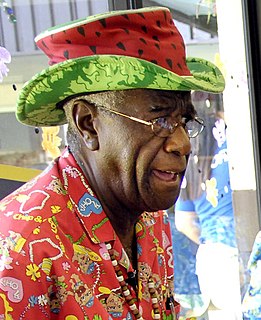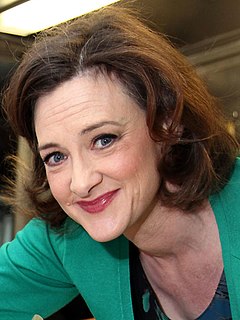A Quote by Tomi Adeyemi
You can make something out of every unfinished story and every rejection if you work at it.
Related Quotes
When I went to Stan Lee - every time I was with Stan, I learned something every day. When I would do a pencil job, if I didn't have much faith in it I would hand it in and invariably Stan would make it look like it was a well-written and well-planned-out story. It made me tell people, 'If you want to become an artist, go to work at Marvel. Stan will turn you into a storyteller.'
Great brands are like great stories. And every story has a beginning, a middle, and an end. And our job is to make sure that every chapter of our stories makes sense to the one in front of it and make sense to the one after it. There is no such thing as an overnight success. You have to get up and put your work boots on every single day.
Literature is an aspect of story and story is all that exists to make sense of reality. War is a story. Now you begin to see how powerful story is because it informs our worldview and our every action, our every justification is a story. So how can story not be truly transformative? I've seen it happen in real ways, not in sentimental ways or in the jargon of New Age liberal ideology.
I always believed that my work should be unfinished in the sense that I encourage people to add their creativity to it, either conceptually or physically. Back in the 1960s, I was calling for 'Unfinished Music,' number one, and number two, with my artwork - I was taking unfinished work into the gallery. And that's how I was looking at it.
Every time I'm in the studio, I always think of my professor in undergrad. He was like, "There are so many artists in the world. If you're going to be an artist, make sure you have something to say. Don't just be an artist and put out bullshit. Have something to say." I guess that would be my philosophy and something I think about all the time. Every day when I'm in the studio I hear him and I see him. I remember him saying it in class. So that's something that I always want to make sure I have: I'm saying something with the work.
Every pellet has a story all its own. Every pellet has a story all its own. With its fur and teeth and bones And one or two stones, Every pellet has a story all its own. We shall dissect every pellet with glee. Perhaps we'll find a rodents knee. And never shall we tire In the sacred task that we conspire, No do our work less perfectly And those bright flecks at the core, Which makes our hearts soar, Shall forever remain the deepest mystery. - The owlets in the Pelletorium at St. Aegolius


